Describing Artifact and identifying the available Repositories for Artifacts in Azure DevOps
In DevOps, an artifact refers to any file or collection of files that are produced or generated during the software development and deployment process. Artifacts are often outputs of the build process, such as compiled code, libraries, container images, configuration files, test results, or documentation.
These artifacts are crucial in the software development lifecycle, particularly in Continuous Integration (CI) and Continuous Delivery (CD) pipelines, as they serve as the deliverables that are passed through various stages like development, testing, staging, and production.
Artifacts can be:
Compiled code (e.g.,
.jarfiles,.dllfiles,.exefiles)Docker images (e.g., Docker containers used for deployment)
Libraries (e.g., NuGet packages, npm packages)
Configuration files (e.g., YAML, JSON)
Documentation (e.g., release notes, API docs)
Test results (e.g., JUnit reports, code coverage reports)
Deployment packages (e.g., WAR files, ZIP archives)
Artifacts are typically stored in artifact repositories, which allow teams to manage and share these resources efficiently.
Identify Existing Artifact Repositories
Artifact repositories are systems designed to store, manage, and share artifacts generated during the software development lifecycle. These repositories allow teams to version, organize, and retrieve artifacts across different stages of development, testing, and deployment.
Here’s a list of existing artifact repositories commonly used in the software development and DevOps ecosystem.
1. Azure Artifacts (Azure DevOps)
Type: Managed package management service within Azure DevOps.
Supported Formats: NuGet, npm, Maven, Python (PyPI), Universal Packages.
Use Case: Best suited for teams already using Azure DevOps for CI/CD and looking for an integrated solution for package management.
Features:
Allows creation of private package feeds to store internal packages.
Versioning and access control to manage access to specific versions of artifacts.
Integrated into the Azure DevOps CI/CD pipeline, supporting builds and deployments.
Provides upstream sources to proxy and cache external repositories (e.g., npmjs.org, Maven Central).
2. JFrog Artifactory
Type: Universal artifact repository manager.
Supported Formats: Maven, npm, Docker, NuGet, PyPI, RubyGems, Helm, and more.
Use Case: Suitable for organizations with complex environments requiring a multi-format artifact repository and enterprise-grade features.
Features:
Universal support for a wide variety of package types and formats.
Secure access control and fine-grained permissions for teams and users.
Integration with major CI/CD tools (e.g., Jenkins, GitLab, TeamCity).
Caching and proxying of remote repositories.
Supports Docker images, Helm charts, and other containerized applications.
3. Sonatype Nexus Repository
Type: Repository manager.
Supported Formats: Maven, npm, NuGet, Docker, PyPI, APT, RubyGems, Helm, and more.
Use Case: Ideal for teams that require multi-format artifact management and need robust support for Java-based (Maven) applications or Docker containers.
Features:
Supports multiple types of artifacts across various ecosystems.
Integrates with CI/CD tools like Jenkins, Bamboo, and GitLab.
Offers proxying, caching, and security features like component identification to prevent vulnerabilities in dependencies.
Available in open-source and commercial versions.
4. GitHub Packages
Type: Integrated package hosting service by GitHub.
Supported Formats: npm, NuGet, RubyGems, Docker, Maven, Gradle, and more.
Use Case: Best suited for teams using GitHub as their version control system, providing an integrated solution for artifact management directly within the GitHub ecosystem.
Features:
Fully integrated with GitHub repositories.
Allows storing both public and private packages.
CI/CD integration with GitHub Actions.
Versioning, access control, and integration with other GitHub services.
5. AWS CodeArtifact
Type: Managed artifact repository service by Amazon Web Services (AWS).
Supported Formats: Maven, npm, NuGet, PyPI.
Use Case: Ideal for teams using AWS for infrastructure and DevOps workflows, providing a fully managed artifact storage solution.
Features:
Fully managed, with seamless integration into AWS services like AWS CodePipeline and AWS CodeBuild.
Supports versioning and access control through AWS IAM (Identity and Access Management).
Allows proxying and caching of external public repositories (like npmjs or Maven Central).
6. Google Cloud Artifact Registry
Type: Fully managed artifact storage service by Google Cloud Platform (GCP).
Supported Formats: Docker, Maven, npm, Python (PyPI).
Use Case: A great option for organizations that use Google Cloud and need an integrated solution for managing and distributing artifacts.
Features:
Integrated with Google Cloud services like Cloud Build and Cloud Deploy.
Provides fine-grained IAM permissions for managing access control.
Offers private and public repositories with versioning.
Supports Docker containers and Helm charts for Kubernetes.
7. Docker Hub
Type: Docker image repository (public and private).
Supported Formats: Docker images.
Use Case: Essential for teams working with Docker containers and looking for a platform to host, share, and distribute Docker images.
Features:
Public and private Docker repositories for storing and distributing container images.
Supports automated builds and CI/CD integration.
Collaborative features for sharing Docker images with teams or the community.
Versioning of Docker images, allowing rollback to previous versions.
8. GitLab Package Registry
Type: Package management service integrated into GitLab.
Supported Formats: npm, Maven, NuGet, RubyGems, Debian, Helm, Docker.
Use Case: Best for teams already using GitLab for source code and CI/CD, providing an integrated solution for package and artifact management.
Features:
Fully integrated with GitLab repositories and CI/CD pipelines.
Public and private packages support with versioning and access control.
Automated CI/CD pipeline integration with GitLab CI.
Supports proxying and caching of external repositories.
9. Artipie
Type: Open-source, self-hosted artifact repository.
Supported Formats: Docker, Maven, npm, NuGet, PyPI, and more.
Use Case: Ideal for teams that prefer self-hosting their artifact repositories and have specific needs around customization or control.
Features:
Self-hosted artifact repository allowing for customization and control over the infrastructure.
Supports a variety of formats, including Docker and Maven.
Can be integrated with CI/CD tools for full automation.
10. Bintray (Deprecated)
Type: Software distribution platform (now deprecated).
Supported Formats: Maven, npm, Docker, NuGet, RubyGems.
Use Case: Bintray was popular for hosting open-source packages but was deprecated in May 2021. For artifact management, teams may now rely on alternatives like JFrog Artifactory or Nexus Repository.
Features:
Public and private repositories.
Distribution and versioning of software packages.
Was integrated with CI/CD tools for automation.
Summary of Common Artifact Repositories
| Repository | Supported Formats | Key Features | Best For |
|---|---|---|---|
| Azure Artifacts | NuGet, npm, Maven, Python, Universal Packages | Integrated with Azure DevOps | Teams using Azure DevOps |
| JFrog Artifactory | Maven, npm, Docker, NuGet, PyPI, Helm, RubyGems, etc. | Enterprise-grade, multi-format support | Enterprise-level DevOps organizations |
| Nexus Repository | Maven, npm, Docker, NuGet, PyPI, APT, Helm | Supports multiple formats, security features | Teams needing robust artifact management |
| GitHub Packages | npm, NuGet, RubyGems, Docker, Maven, Gradle, Helm | Integrated with GitHub Actions | GitHub users |
| AWS CodeArtifact | Maven, npm, NuGet, PyPI | Managed by AWS, integrates with AWS CI/CD | AWS-centric DevOps workflows |
| Google Artifact Registry | Docker, Maven, npm, PyPI | Fully managed with Google Cloud integration | GCP-based teams |
| Docker Hub | Docker images | Container-centric repositories | Docker container users |
| GitLab Package Registry | npm, Maven, NuGet, RubyGems, Helm, Docker | Integrated with GitLab CI/CD | GitLab users |
| Artipie | Docker, Maven, npm, NuGet, PyPI | Self-hosted, customizable | Teams needing a self-hosted solution |
These artifact repositories help teams manage and distribute software packages, supporting automation and collaboration across different stages of the software development lifecycle. Each repository is suited for different use cases based on the tools, infrastructure, and hosting preferences of the organization.




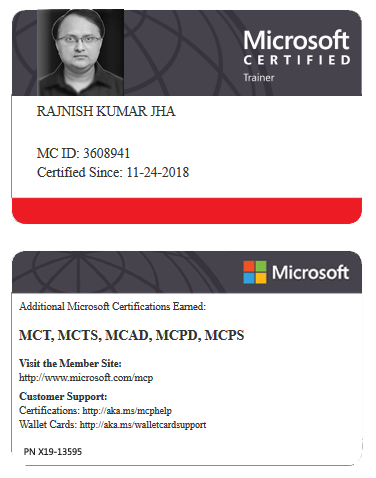


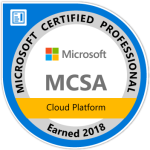

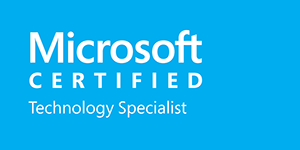

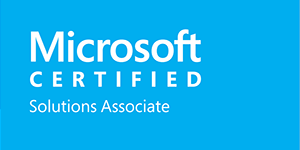
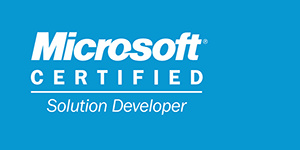


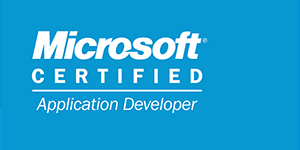
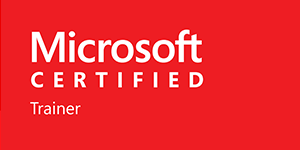





Leave a Reply